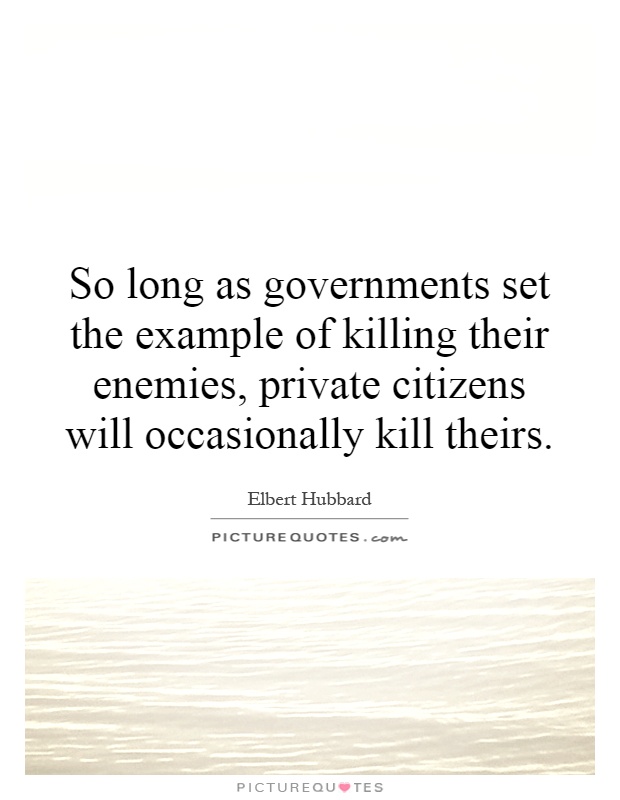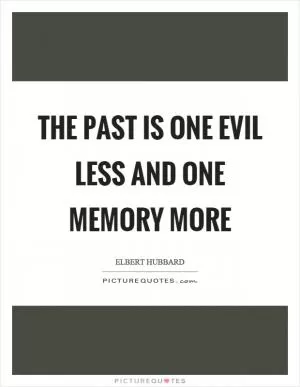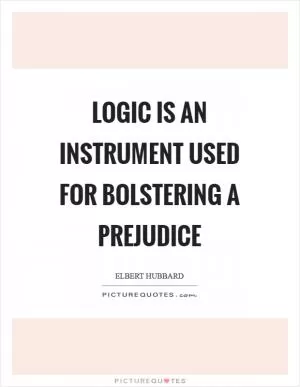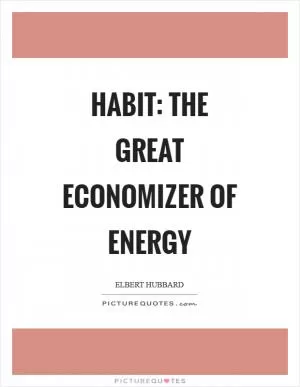So long as governments set the example of killing their enemies, private citizens will occasionally kill theirs

So long as governments set the example of killing their enemies, private citizens will occasionally kill theirs
Elbert Hubbard, a prominent American writer, publisher, and philosopher, once famously said, "So long as governments set the example of killing their enemies, private citizens will occasionally kill theirs." This statement speaks to the idea that violence begets violence, and that the actions of those in power can have a profound impact on the behavior of individuals within society.Hubbard's words are particularly relevant in today's world, where conflicts and acts of violence are all too common. When governments engage in warfare or state-sanctioned violence, they are essentially sending a message that killing is an acceptable means of achieving one's goals. This normalization of violence can have a ripple effect throughout society, leading individuals to believe that violence is an acceptable solution to their problems.
Furthermore, when governments engage in acts of violence, they often dehumanize their enemies, making it easier for individuals to justify violence against them. This dehumanization can lead to a lack of empathy and compassion, making it easier for individuals to commit acts of violence against others.
Hubbard's statement also highlights the idea that individuals may feel justified in taking matters into their own hands when they see their government engaging in violence. If the government is seen as setting the example of killing their enemies, individuals may feel that they have the right to do the same. This can lead to acts of vigilantism and revenge, further perpetuating a cycle of violence within society.












 Friendship Quotes
Friendship Quotes Love Quotes
Love Quotes Life Quotes
Life Quotes Funny Quotes
Funny Quotes Motivational Quotes
Motivational Quotes Inspirational Quotes
Inspirational Quotes